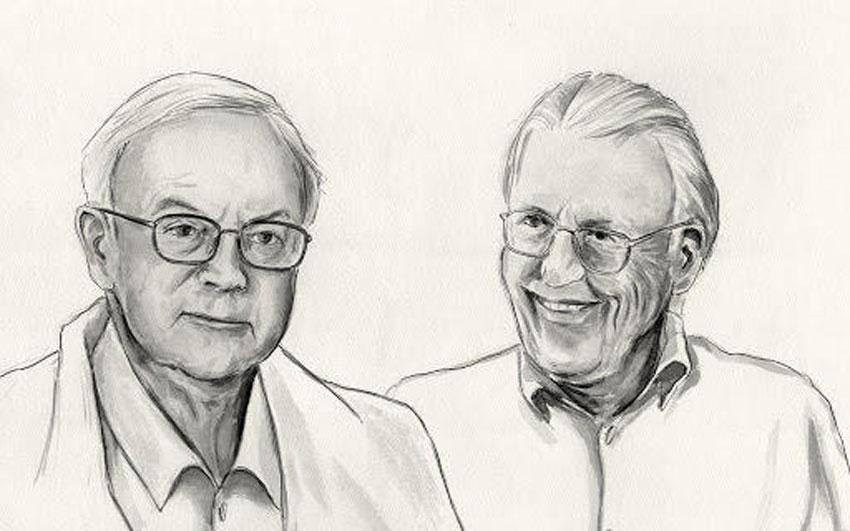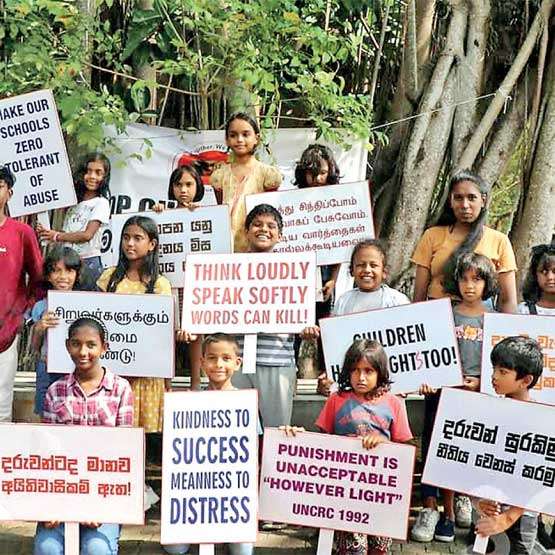Reply To:
Name - Reply Comment
Last Updated : 2024-04-17 00:06:00

What is the bystander effect?
It is in our nature to believe that we would intervene if we were to witness an injustice taking place. However, psychology suggests otherwise! In fact, it suggests that our willingness to act is heavily dependent on how many other people are present to witness the injustice taking place. This phenomenon is known as the bystander effect.
What are some examples?
Perhaps the most infamous example of the bystander effect is the brutal murder of Kitty Genovese in 1964. Kitty was stabbed to death outside her apartment upon returning home from work in the early hours of the morning. Her murderer was later identified as Winston Moseley It was reported that thirty-eight witnesses claimed to have seen or heard her being attacked, however, none of them intervened or reported the incident until at least half an hour after the event took place.
Research carried out by Darley and Latané in 1968 showed participants split across three conditions - one where they were alone in a room, one where they were in a room with two other participants, and one where they were in a room with two other experimenters guised as participants. The room was pumped with smoke, and the percentage of participants who reported the smoke was measured. They found that when alone, 75% of participants reported it; when paired with two other participants only 38% of participants reported it and when paired with two other experimenters guised as participants who acknowledged the smoke and then dismissed it, only 10% of participants reported it.
A similar study carried out in the same year by Darley and Latané suggested that participants were much quicker to report an experimenter pretending to have a seizure when they were alone than when they were in the presence of another person, and they were slower still to report this when they were in the presence of three other people.

Why does this phenomenon occur?
There are two possible factors that may prevent an individual from intervening in an unpleasant situation when other people are present. The first factor is the diffusion of responsibility, where each individual in the crowd may feel as if it is not their job to intervene and that someone else will be the first to act. As a result, no one actually intervenes and attempts to stop the event from taking place. The second is known as pluralistic ignorance. This is when an individual wrongly assumes that the behaviour of the majority is the norm, and thus does not intervene in order to adhere to what they believe is the societal convention.
In which situations are people more or less likely to intervene?
Research suggests that people are more likely to intervene in cases where they have been drinking, if they are friends with the person involved in the unjust situation, and when they believe that people around them are also likely to intervene. Other people who are more likely to intervene are people who are more empathetic, people who take on greater feelings of responsibility, and men in situations where feelings of bravery and heroism are involved. On the other hand, people with Machiavellian tendencies are far less likely to intervene if they witness an injustice taking place.
Who is more or less likely to be helped by a bystander?
Attractive people and women in general are more likely to receive help from bystanders, whereas socially anxious people and people with high self-esteem are less likely to be helped.
How can we prevent the continuation of the bystander effect?
Perhaps the best way in which one can prevent the continuation of the bystander effect is to simply to be aware of what it is, and to know that being passive in an unjust situation essentially makes you complicit in it. With this knowledge, you can make a conscious effort to intervene if you witness an injustice taking place, so long as you make sure not to put yourself in harm’s way.

06 Apr 2024
More
06 Apr 2024
More
30 Mar 2024
MoreAdd comment
Comments will be edited (grammar, spelling and slang) and authorized at the discretion of Daily Mirror online. The website also has the right not to publish selected comments.
Reply To:
Name - Reply Comment
